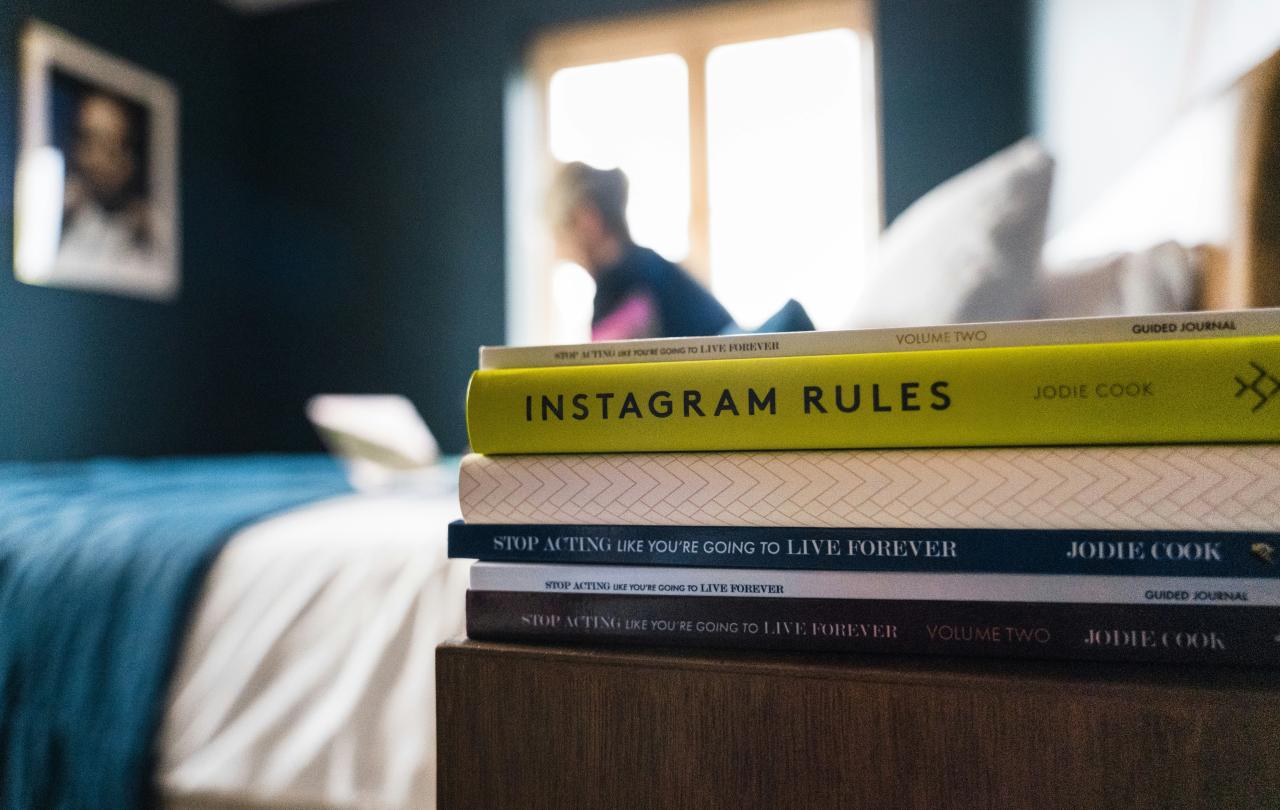
Here’s another diagnosis to add to modern malaise: algorithmic anxiety. It’s described by Kyle Chayka in his excellent book Filterworld (Heligo Books, 2024) as the:
…awareness that we must constantly contend with automated technological processes beyond our understanding and control, whether in our Facebook feeds, Google Maps driving directions, or Amazon product promotions.
We don’t understand algorithms. Even if we did, we wouldn’t know how they actually work on us as every tech company keeps it a secret, lest competitors learn from them. This has led to the algorithm becoming the century’s newest bogeyman, a phantom we can reference in conversation to make us sound tech savvy and culturally knowing even while we remain in the dark.
‘Algorithmic has become a byword for anything that feels too slick, too reductive, or too optimised for attracting attention’.
One of the oddest outcomes of the ascendency of the algorithm is the seemingly diametric effects on politics and culture. In politics it has polarised people, sorting us into opposing camps and then ensuring we hear only good things about our ‘side’ and only maddening things about the ‘opposing’ side. Instead of calmly listening to a different view, we hurl insults, as performative as Prime Minister’s Question Time and about as enlightening.
Something different is happening with culture. Here, the algorithm makes culture more homogenous; in the words of Kyle Chayka, it is ‘flattened’. The basic rule of what he calls Filterworld is that ‘the popular becomes more popular, and the obscure becomes even less visible’. It is a strange re-mix of Jesus for the digital age: ‘to all those who have, more will be given…but from those who have nothing, even what they have will be taken away.
The life of an Instagram post is said to be determined in the first five minutes. If it has engagement, it can be sure of more; if it gets none, it will sink. Visibility on social media is vital for artists of all kinds, because this is where all publicity begins. Artists try and game the system, figuring out what kind of content the algorithm will promote. In the process, their creative expression is subtly compromised. People begin to write in a style that gets attention, and what gets attention is decided by the algorithm. Those who tweet will know how the short, pared back medium starts to influence their life away from X. Musicians know that art which is safe and mainstream – the public’s crowded middle where performers like Ed Sheeran have thrived – is likely to succeed.
‘Much of culture now has the hollow, vacant feeling of having been made by algorithm’ according to the cultural commentator Dean Kissick. Chayka observes that: ‘algorithmic has become a byword for anything that feels too slick, too reductive, or too optimised for attracting attention’.
It is often at the margins that breakthroughs emerge; art that makes us see this world in a new and divine light.
There is a valid counter to this development. Previously, what we read, heard and saw as cultural consumers was determined by a small set of experts who filtered content for us. These experts were often drawn from a narrow section of society who inevitably brought their own biases to bear. While this may be true, it is hardly a triumph for the public to have an unfeeling gadget decide what’s best for them, based on what we have liked before and what seems to appeal to most people. At the ice cream vendor, this is like reaching for vanilla every time.
The truth is, in necessarily surrendering to the algorithm (for what alternative is there online?) we miss huge volumes of culture that might appeal to us. It is about as effective as deciding what sea life we like based only on what pops up to the surface of the water.
The best art is not always the most popular and there is a risk that the divine spark of invention that the creator God has placed within each of us – the unlimited potential of being made in the image of God – will not be fanned into existence as often as it could be. Chasing likes is no substitute for patient inspiration. It is often at the margins that breakthroughs emerge; art that makes us see this world in a new and divine light.
‘Behold, I am making all things new’ says the one who sits on the throne in Revelation. That algorithms are making all things similar is the reality we are learning to live with.





